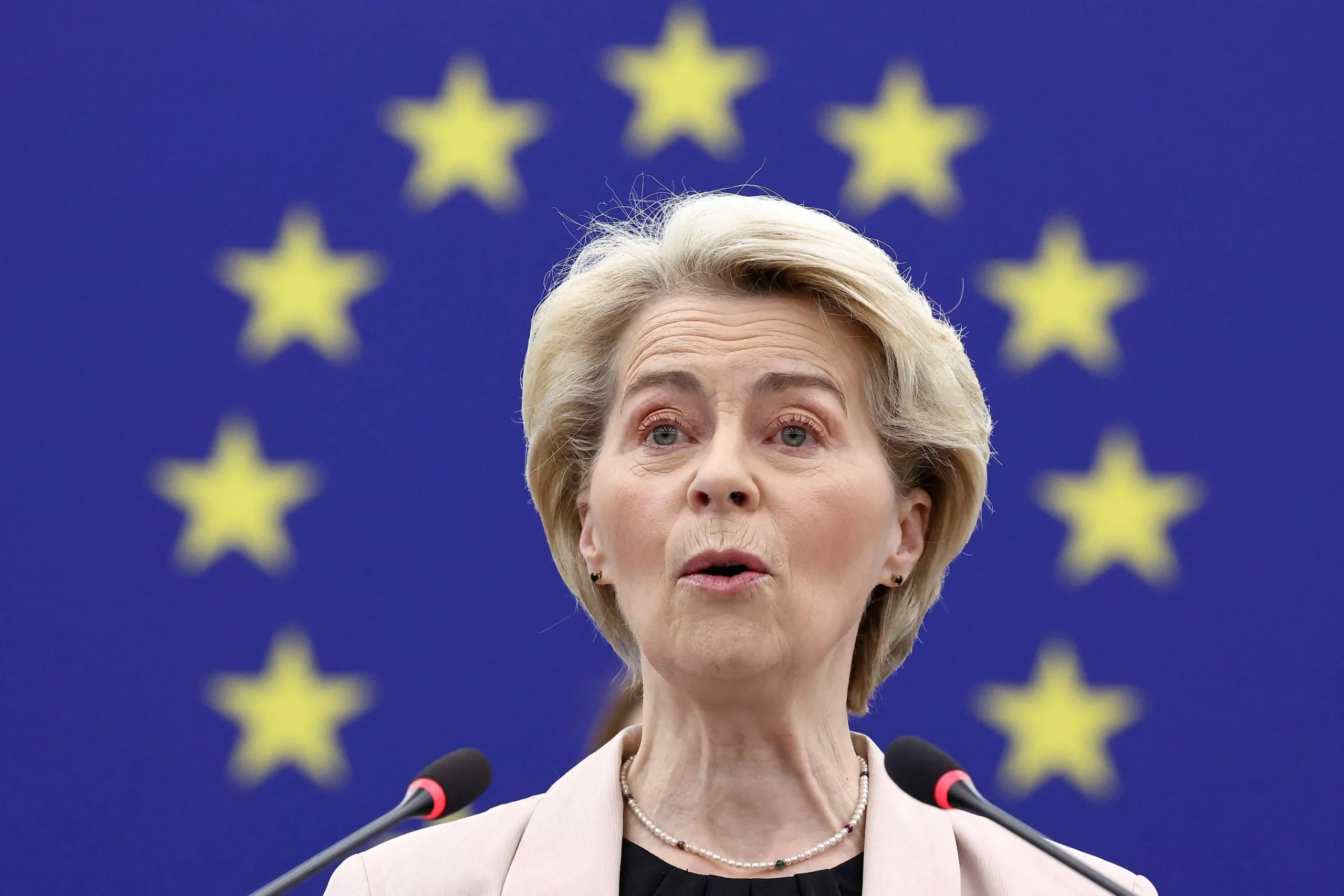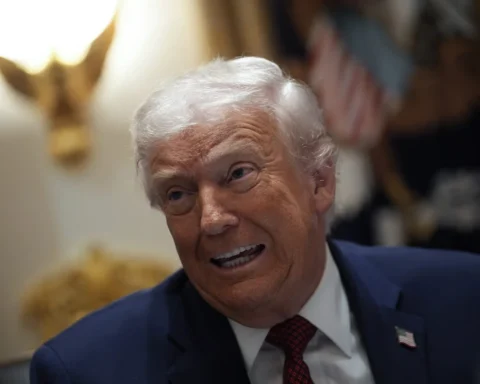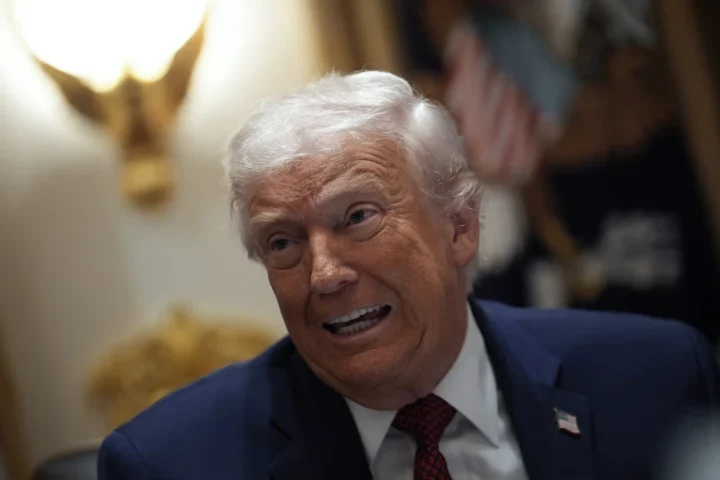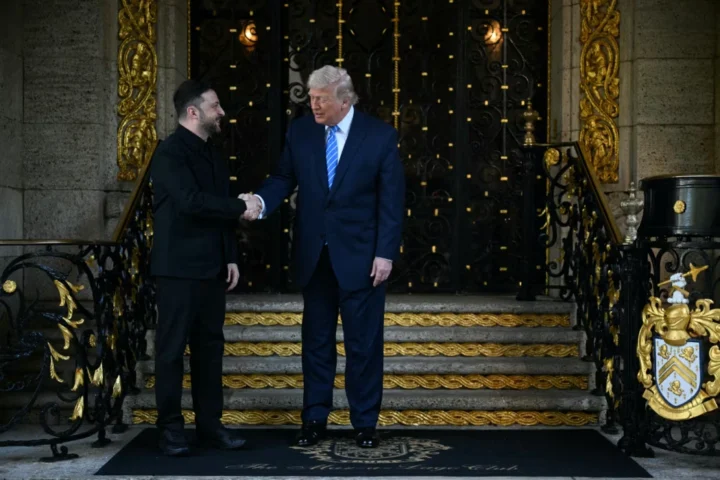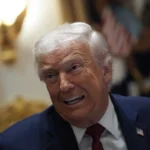The European Union is preparing a forceful response in case the United States proceeds with new tariffs, European Commission President Ursula von der Leyen announced. Speaking before the European Parliament on Tuesday, von der Leyen confirmed that Brussels has a “strong plan to retaliate,” which could directly impact American digital exports — particularly those from Big Tech companies.
Speaking to members of the European Parliament on Tuesday, von der Leyen stressed that the EU intends to negotiate from a position of strength:
“Europe holds a lot of cards — from trade to technology to the size of our market. But this strength is also built on our readiness to take firm countermeasures. All instruments are on the table.”
According to The Financial Times, the EU is considering targeting areas where the US has a trade surplus, such as services. Possible measures include suspending certain intellectual property rights and excluding US companies from public procurement contracts under the EU’s enforcement regulations.
One of the most drastic options would be invoking the EU’s “anti-coercion instrument” — a legislative tool designed to respond to economic threats. This mechanism, which has never been used before, would allow Brussels to escalate actions on IP, procurement, and even limit access for US financial firms to the EU market. However, deploying such measures would require the approval of a qualified majority of EU member states.
So far, the European Commission has held off on retaliatory duties worth up to €26 billion in response to previous US tariffs on steel and aluminum. Some EU countries, notably France, fear such moves could provoke an even more aggressive reaction from Washington.
The EU has yet to formally respond to the 25% US tariff on European cars, and von der Leyen expressed concern that the US might next target semiconductors, pharmaceuticals, and timber.
“We still want to negotiate first,” she said, “because tariffs would fuel inflation, cost US jobs, and create a bureaucratic monster of new customs procedures.”
Officials in Brussels are cautiously optimistic that the US announcement expected on Wednesday could be a starting point for renewed negotiations rather than an outright trade war. Still, tensions remain high, as Washington insists that talks must go beyond tariffs to include tax policy and regulatory standards.
The US argues that EU member states’ VAT systems discriminate against American companies and has demanded the repeal of digital services taxes targeting US tech firms. It also wants Brussels to loosen digital regulations, claiming they stifle innovation and unfairly penalize US companies, violating principles of free speech.
These issues come amid reports — also from The Financial Times — that the European Commission is preparing to fine tech giants Apple and Meta for violating the Digital Markets Act (DMA). This could mark a significant escalation in Brussels’ enforcement of its digital competition rules and a new phase of tension with Silicon Valley.
Interestingly, von der Leyen extended an olive branch to Washington by calling for cooperation on pressing global trade issues — without explicitly naming China.
“There are severe issues in the world of trade: overcapacities, imbalances, unfair subsidies, denial of market access, intellectual property theft,” she said.
“I hear Americans, when they say some others have taken advantage of the rules. I agree. We also suffer from it. So let us work on it.”
In summary, the EU is signaling its readiness for a broad confrontation with the United States if necessary — particularly in the digital and financial arenas — while still leaving the door open for diplomatic solutions. Whether the two economic superpowers can avoid a new round of tit-for-tat tariffs may depend on what happens next in Washington.
This article was prepared based on materials published by The Financial Times. The author does not claim authorship of the original text but presents their interpretation of the content for informational purposes.
The original article can be found at the following link: The Financial Times.
All rights to the original text belong to The Financial Times.


